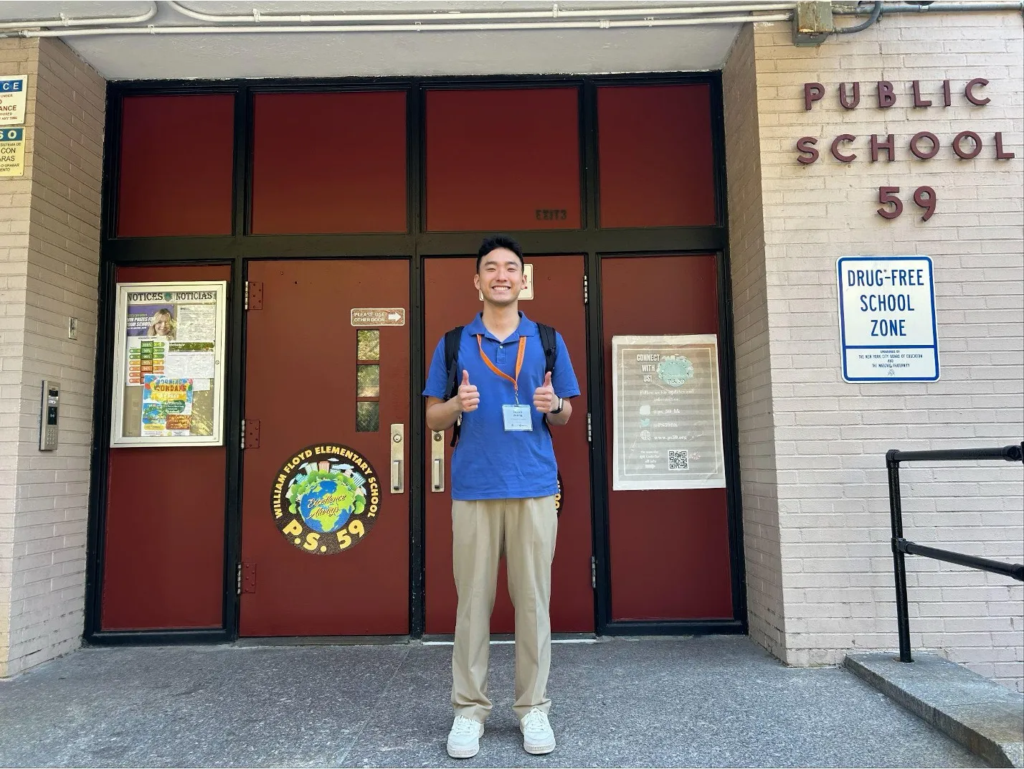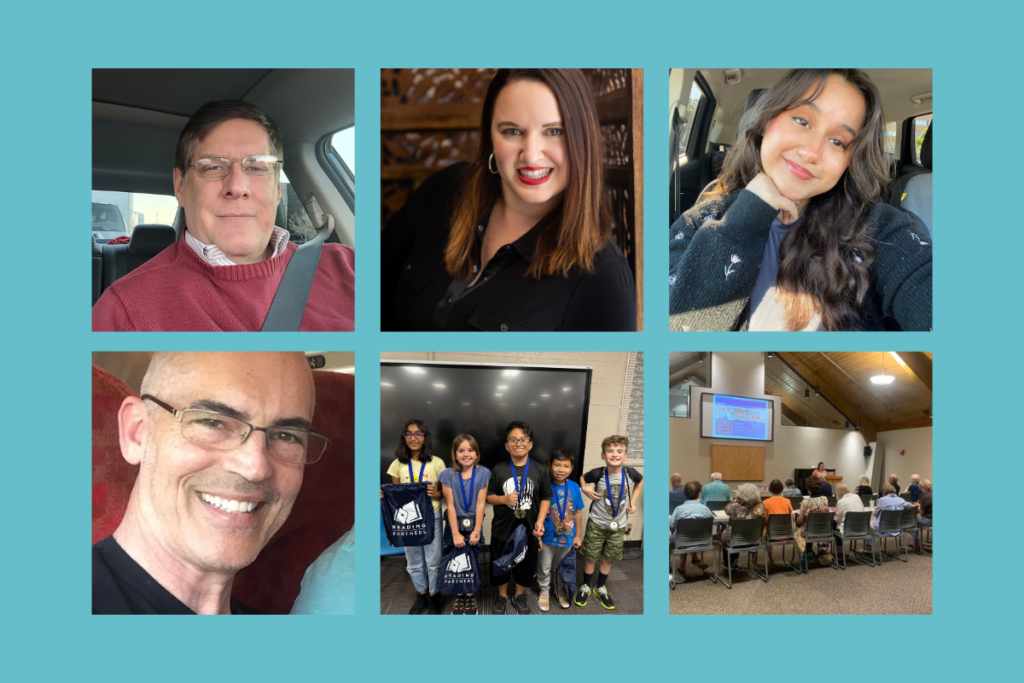Originally published by The Post and Courier
Last week, more than 150 people consisting of educators, elected officials, nonprofits and members of the business community came together for a town hall focused on one of the most important policy challenges facing the state of South Carolina today — significantly improving the percentage of South Carolina students who can read at grade level by the end of third grade — and whether the Read to Succeed Act is working to achieve that result.
Right now, only 34 percent of all fourth graders in our state read at grade level. Nationally, we rank 39th in literacy. That means that too many South Carolina children go through their days without fully understanding materials presented in class, and without gaining the reading skills necessary to advance in school and succeed in the workforce.
While these numbers concern families, poor performance by students in early reading affects us all. Reading policy has broad implications for the economic competitiveness, quality of life and public safety of our communities.
The kindergarten through fourth grade years are a critical period in the life of a child. Studies show that students who read proficiently by the fourth grade are four times more likely to graduate on time and are at less of a risk for incarceration, poverty and teenage pregnancy. Students who read well are able to master other subjects, including science and math, and are more likely to go on to attain gainful employment. Nationally, there has been a great deal of enthusiasm for increasing STEM (Science, Technology, Engineering, Math) programming, and STEM certainly offers great pathways to employment for students. However, without first mastering the educational building blocks of reading, students are not equipped to study these subjects, much less master them. That’s an opportunity gone to waste for far too many students.
In June 2014, the South Carolina General Assembly passed the Read to Succeed Act with the goal of closing the reading gap and ensuring that all students graduate from high school with the reading and writing skills they need to be college and career-ready. The act is a strong piece of legislation that gives support to struggling readers by identifying them as early as possible. Once identified, the individual literacy needs of the student are determined and a personalized reading plan is designed to get them where they need to be. The law has allowed for reading coaches to work side by side with teachers, including training them in reading data analysis and mentoring strategies that work. Some struggling readers now have the opportunity to attend reading summer camps at no cost to them or to their families.
We applaud state leaders for their courage and dedication on the issue. As a positive initial sign, the number of fourth grade students reading proficiently in South Carolina rose from 28 percent to 34 percent last year. Whether that increase is attributable to Read to Succeed policies or other factors, it is a good first step.
It is time to assess what else can be done to improve reading proficiency, especially since Read to Succeed requires students who are not reading at a state-prescribed level by the end of the third grade be held back and forced to repeat it. The current class of first graders will be the first group of students to reach third grade and be affected by this law. With potentially thousands of tri-county students subject to retention under this law, policymakers need to be asking themselves whether Read to Succeed is strong enough today to provide this group of first graders with the tools they need to be successful and avoid having to repeat a grade.
This is especially true since mandatory retention goes against the spirit of Read to Succeed: a carte blanche approach to struggling readers as opposed to the targeted, individualized reading interventions it outlines. Providing additional funding for those effective, evidence-based interventions would be a strong step in the right direction in providing these students with the resources they need to improve their literacy skills.
On March 16, K-4 literacy advocates from across the state descended on the Statehouse in Columbia to call attention to reading as a critical component to the future of the success of South Carolina, and affirm the commitment of the residents of the state to ensuring that every student is equipped to succeed. The support from parents, teachers, the business community, and elected officials for our state’s struggling readers is overwhelming.
Now let’s get to work.




